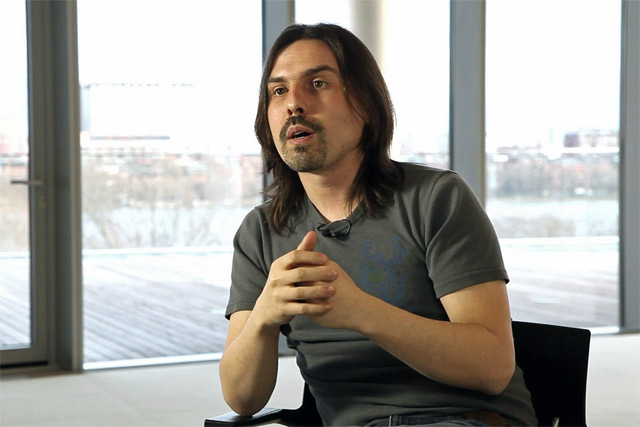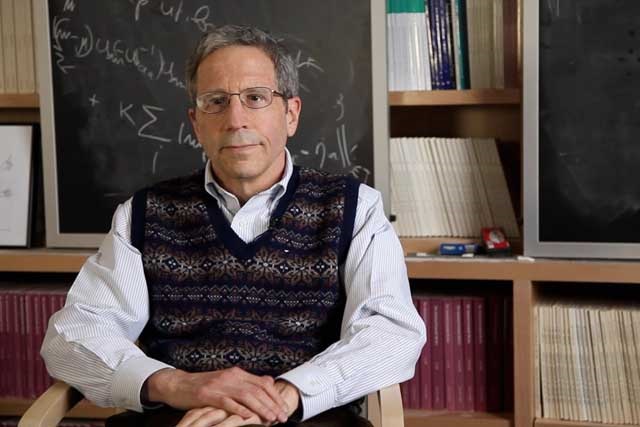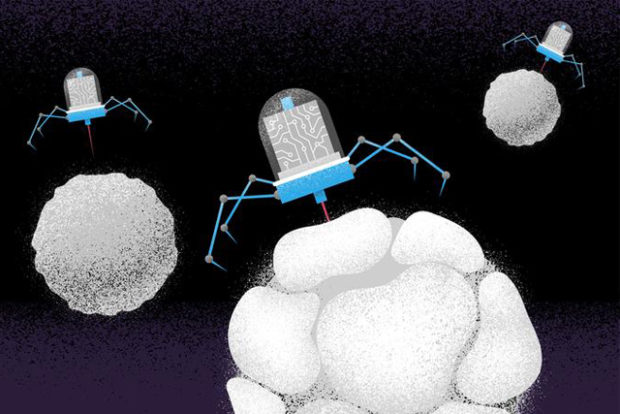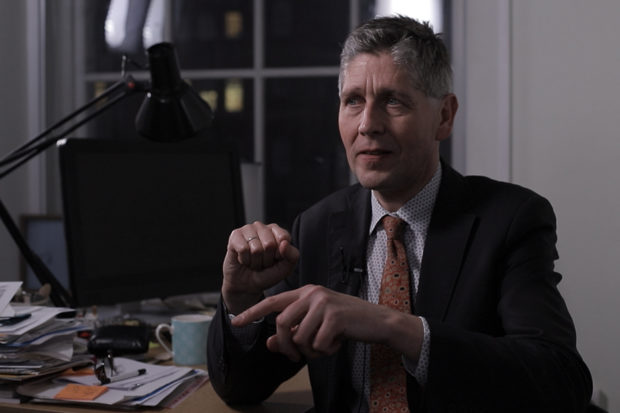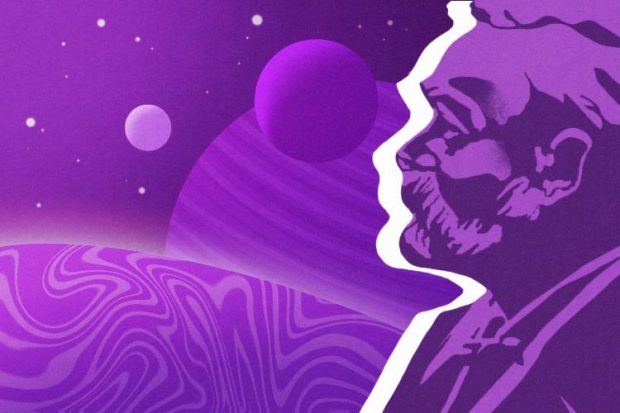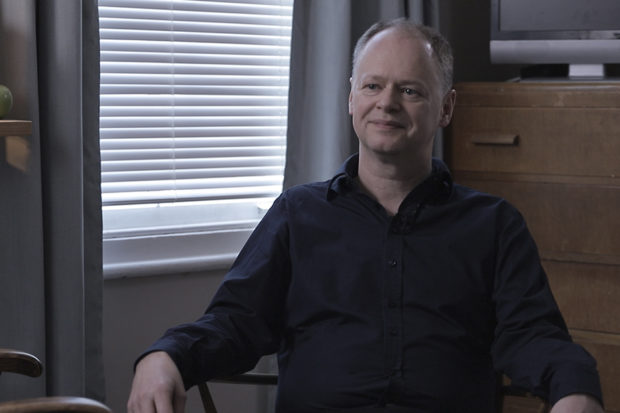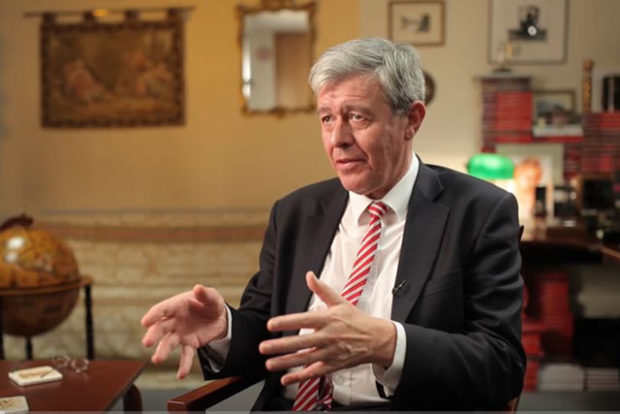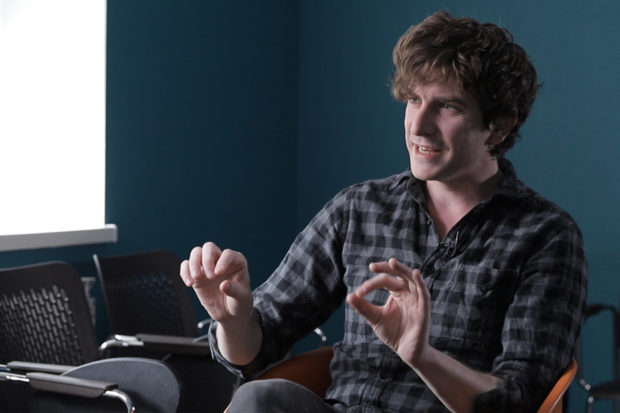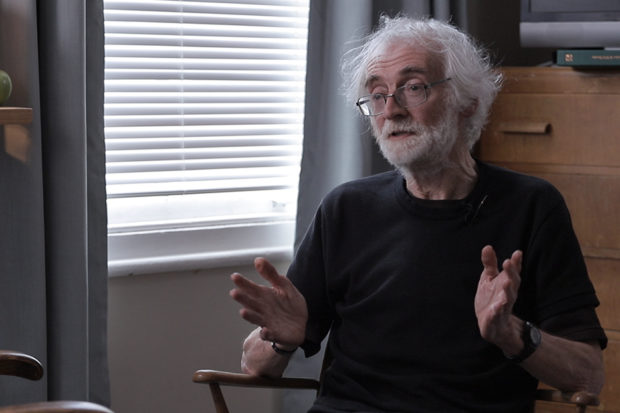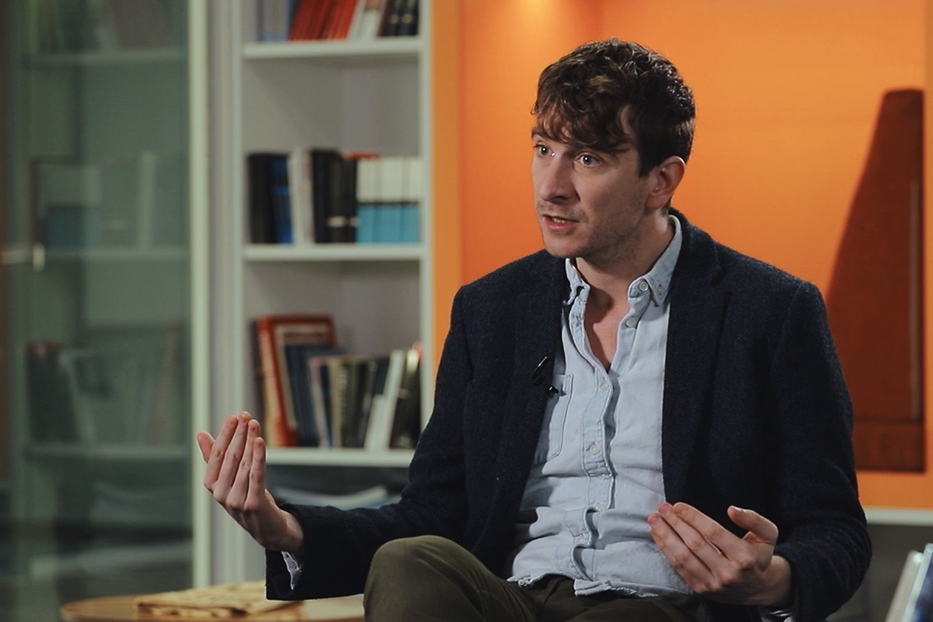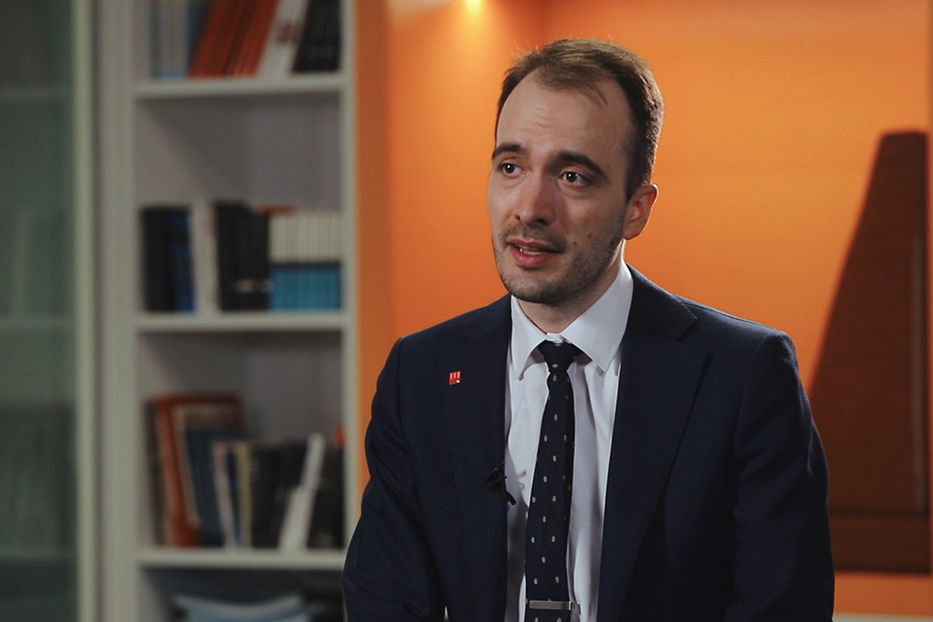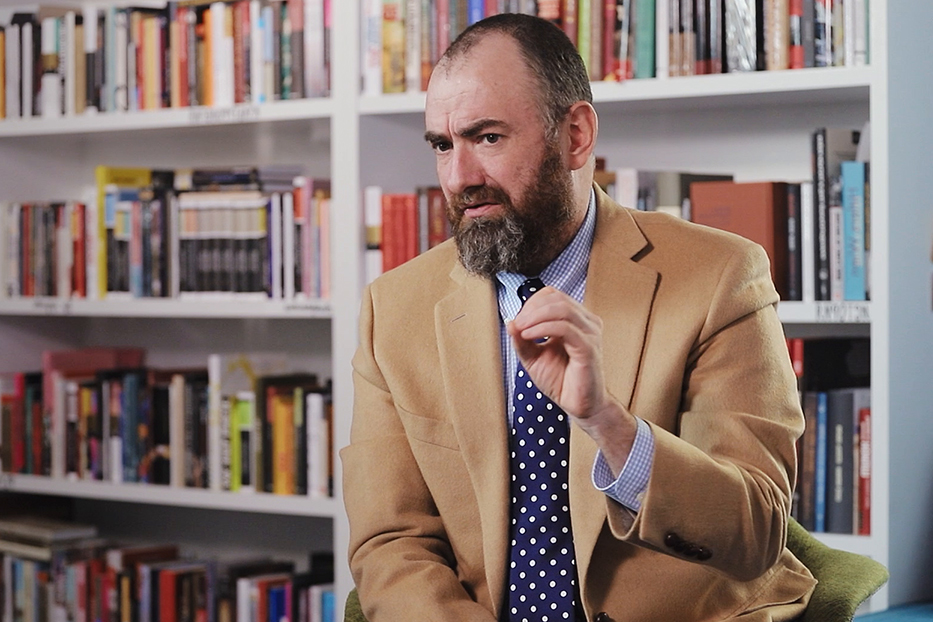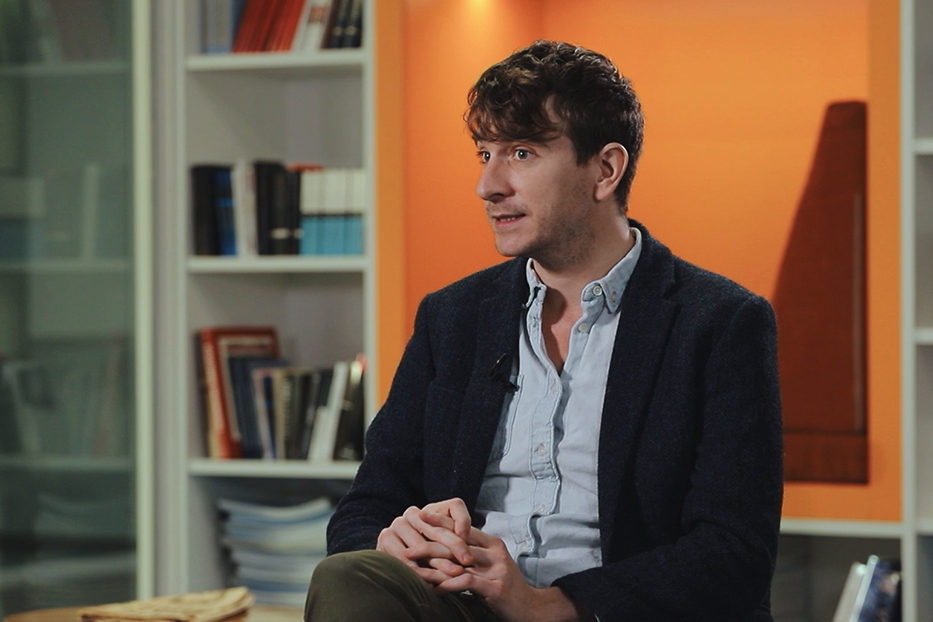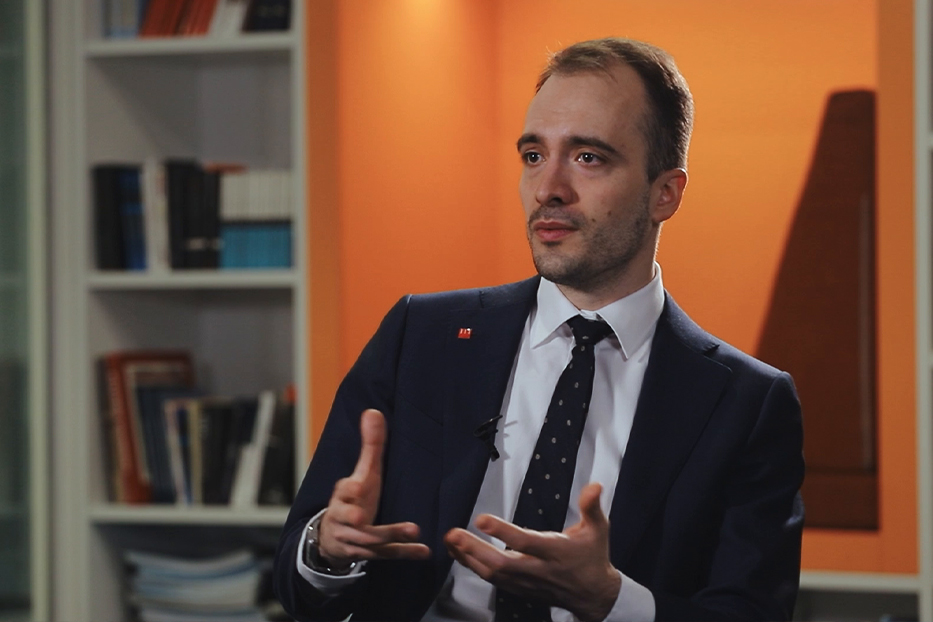Models in Decision Theory and Economics
Economist Itzhak Gilboa on decision-making, predictions in economics, and case-based reasoning
videos | October 22, 2015
What is the application of decision theory? How do decision theory models work? Why is case-based reasoning effective in economics as a science? These and other questions are answered by The Chair for Decision Theory and Economics at Tel Aviv University and Professor of Economics and Decision Sciences at HEC, Paris, Itzhak Gilboa.
We have this definition of rationality as “robustness” basically. You make a certain decision and it’s rational for you; when I confront you with an analysis of that, you don’t feel bad about it, you like your decision and keep it. But we can try to refine it and distinguish between two notions of rationality. One, which we call “objective rationality”, would mean something that practically every reasonable person would accept. Today, if I tell you, “Smoking is bad for you, smoking damages your health” – you could still try to avoid this but we have a lot of data today that will say that’s probably the case. On the other hand, if we talk about the risk of using cellphones or global warming – people still have debates over what’s going on – there could be things where I don’t necessarily have a way to convince you. Science has many open problems that for various reasons we cannot resolve. Then, as a decision-maker you could do whatever you like. However, you are subjectively rational if you feel okay with your own decision. “Objectively rational” is something I can say I can convince any reasonable person that’s a right thing to do. “Subjectively rational” only means I cannot convince you this is the wrong thing to do – it’s not necessarily a choice everyone else would make but it’s something you could defend as a decision-maker.
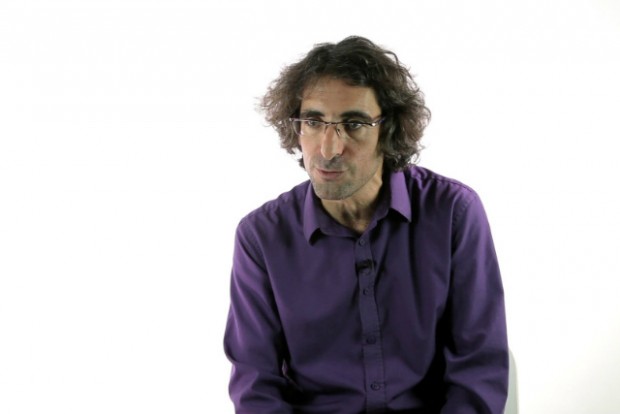
Financial crises are a very complex kind of phenomena. We know from various theories, including chaos theory in physics, that when you have a very complex system, you might not be able to predict what will happen later on because of the “butterfly effect” and such kinds of phenomena. So, if you think about physics, which is a very successful science that has found out all the basic flow equations on everything, still, when applied, it has problems predicting earthquakes and hurricanes. Who are we to even try to predict financial crisis? We have two problems as compared to physics. One is that we don’t have the basic flow equations; we don’t have the basic science that’s established and works at least in a lab – we’re not there. And another one is that we are dealing with the system that reacts to our own theories. The description of the system can change it. If you predict a hurricane in two days, it’s not going to come one day earlier. But if you predict a financial crisis in two days, it will come one day earlier.
A part of the reasoning we do in economics is not by rules but by cases, not by general theories but by analogies. Reasoning by analogies is something we see in psychology – it exists everywhere. In statistics, we have similar techniques. I am not getting to the details but often what is called “nonparametric statistics” is closer to reasoning by analogies than to reasoning by general rules. And there is no reason why in philosophy of science we cannot have two types of reasoning. The classical Popperian view of science is to find general theories or rules, then you have a counter example, and you have to go back and rework and refine the theory. Yet, if you think now of a certain model not as a general statement or a universal quantifier, but rather say, “this is a sort of an example” – a theoretical case but something that helps you think about situations in the world – next time you see a situation, you ask yourself, “Oh, is it similar to that or it’s similar to this?” And then when you think about the model and example of a refutation thereof, suddenly there is no conflict; because you see the theoretical model, which says one thing, and you see the experiment that was run in a lab, which says something else. You ask yourself about the event you are interested in, “Is it more similar to this or to that?” Because cases do not contradict each other; they do not contain any universal quantifier.












